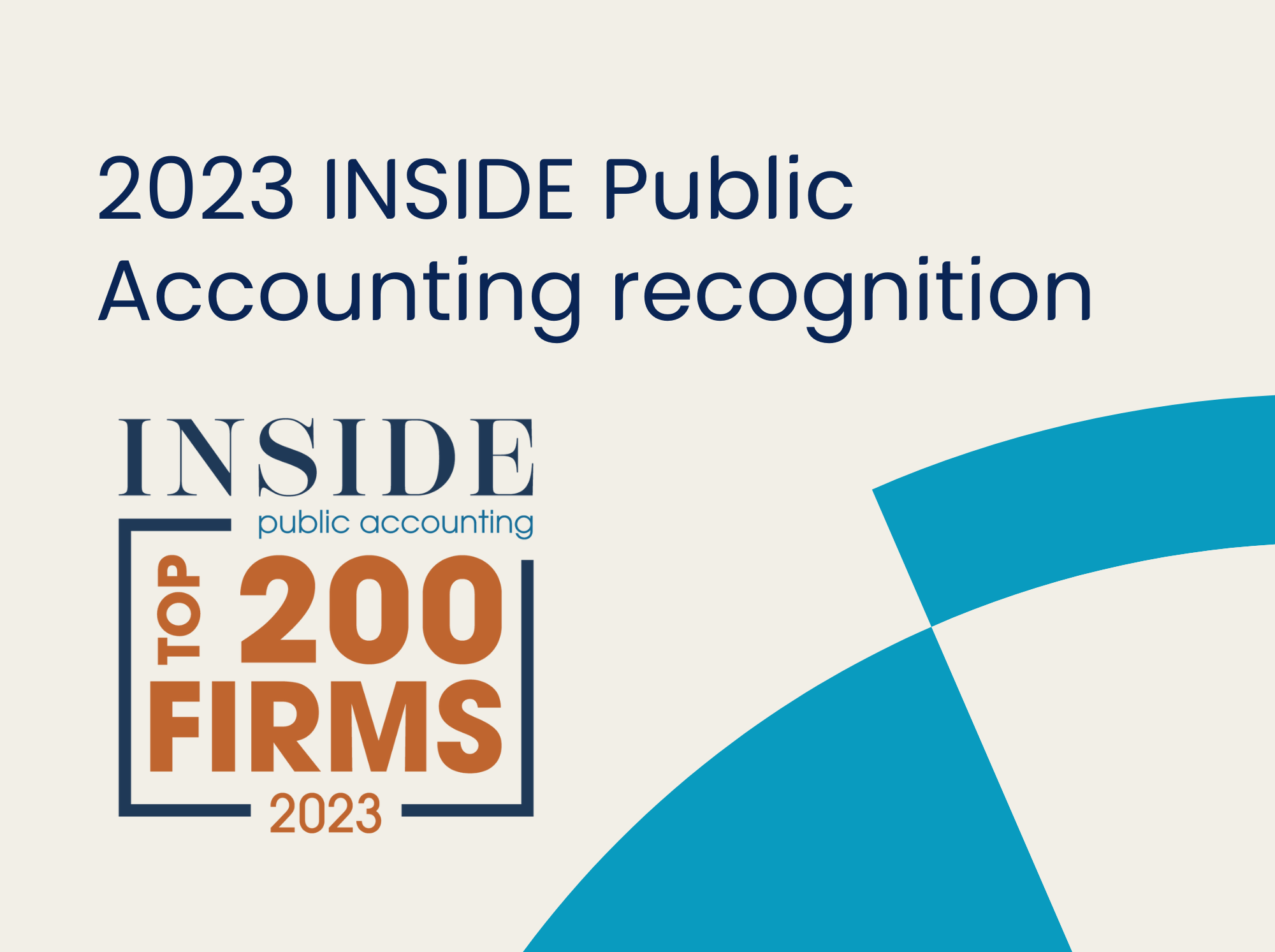INTRODUCTION
The American Institute of Certified Public Accountants (‘AICPA’) has issued Statement on Auditing Standards (‘SAS’) 136, Forming an Opinion and Reporting on Financial Statements of Employee Benefit Plans Subject to ERISA. This standard’s effective date was delayed from the original date to offer implementation relief during the COVID-19 pandemic and will now become effective for audits of the plan’s financial statements for periods ending on or after December 15, 2021.
AUDITOR’S REPORT
One change integral to the standard overall is the elimination of what has been traditionally referred to as ‘limited scope’ audits, which comprise a majority of all plan audits performed. Now referred to as 103(a)(3)(C) audits, the audit report cannot ‘disclaim’ an opinion and will provide a clearer depiction of the responsibilities of plan management and the plan auditor. As a result, a 103(a)(3)(C) audit will now have a two-part opinion to include not only opining on the proper form and presentation of certified investment information (including whether the information presented agrees to or is derived from the information being certified), but also an opinion on whether information not covered by the investment certification is presented fairly.
The auditor’s report for an ERISA Section 103(a)(3)(C) audit will also be presented in a new format:
- The first paragraph will describe the Nature and Scope of the ERISA Section 103(a)(3)(C) audit, clarifying the type of audit being performed
- The second paragraph will have the auditor’s Opinion
- Next is the Basis for Opinion paragraph, which will include a statement that the auditor is required to be independent and to meet ethical responsibilities
- Management’s Responsibilities will be expanded, including:
- Maintaining a current plan instrument
- Administering the plan
- Determining that the plan’s transactions that are presented and disclosed in the financial statements are in conformity with the plan’s provisions, and
- Maintaining sufficient records with respect to each of the participants, to determine the benefits due or which may become due to such participants
PLAN SPONSOR RESPONSIBILITY
Plan sponsors electing to have an “ERISA Section 103(a)(3)(C)” audit will need to:
- Assess whether the entity issuing the certification is a qualified institution
- Ensure the certification meets ERISA requirements and to gain an understanding as to which investments and disclosures are certified
- Acknowledge in writing as to whether all the conditions are met
REVIEW OF DRAFT FORM 5500
SAS 136 requires the auditor to make appropriate arrangements with management to obtain a substantially complete draft Form 5500. The auditor must read the draft Form 5500 in order to identify material inconsistencies with the audited ERISA plan financial statements prior to dating the auditor’s report.
REPORTABLE FINDINGS
Auditors must communicate “reportable findings” resulting from these procedures—in writing and to those charged with governance—on a timely basis. Reportable findings include instances of noncompliance or suspected noncompliance with laws or regulations, findings that the auditor determines are significant and relevant to those charged with governance and/or internal control deficiencies that the auditor determines merit management’s attention.
If you would like more information on these changes, contact your PKF Mueller trusted advisor or one of the representatives below.

Richard A. Deicke, CPA
Audit Partner
rdeicke@pkfmueller.com
+1 847 649 8845

Gregory A. Mills, CPA
Partner
gmills@pkfmueller.com
+1 708 745 3504



